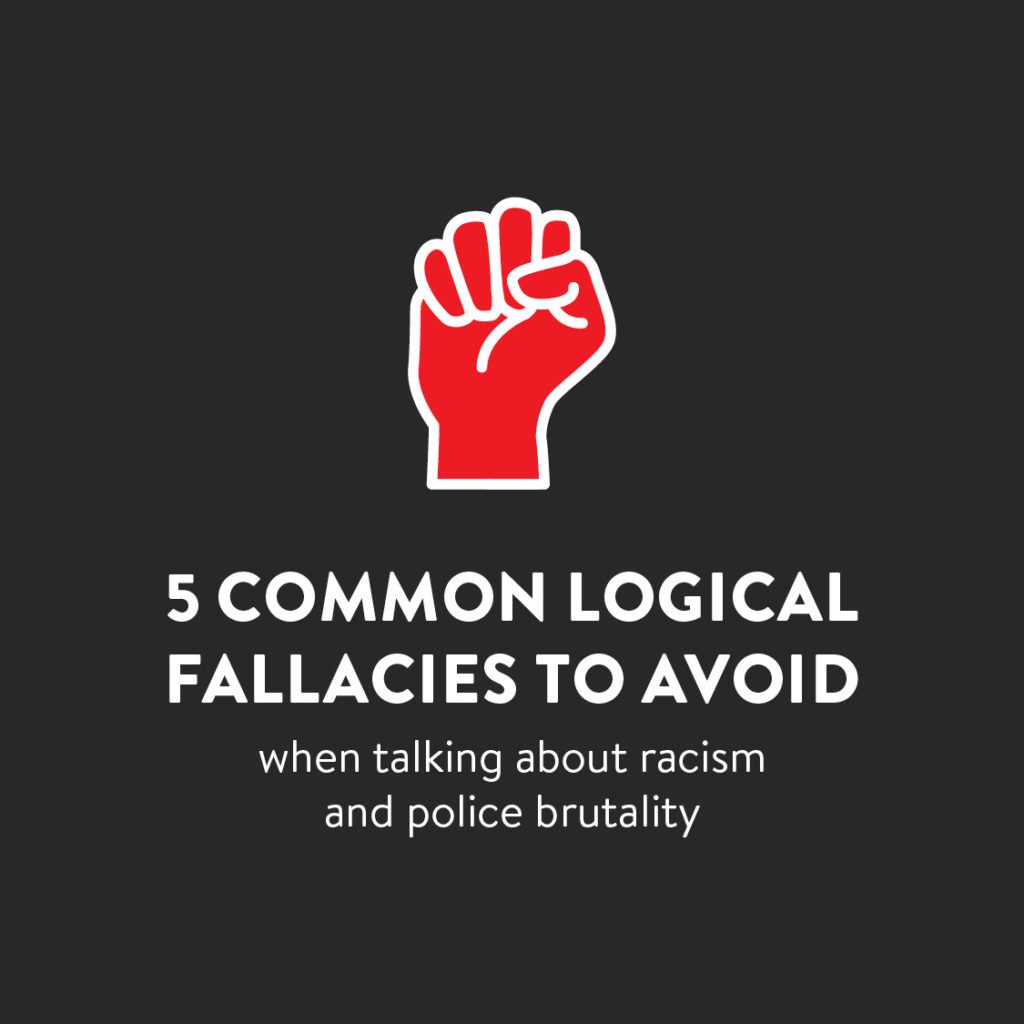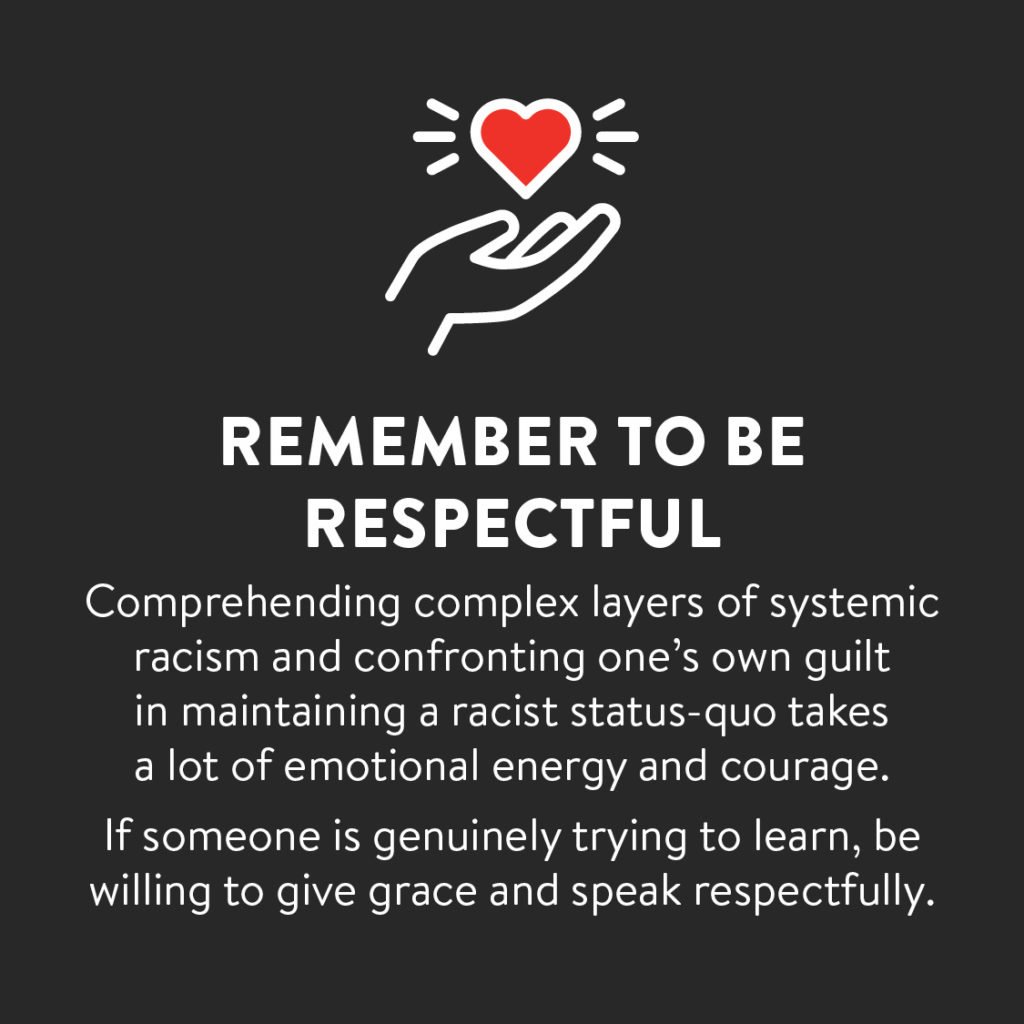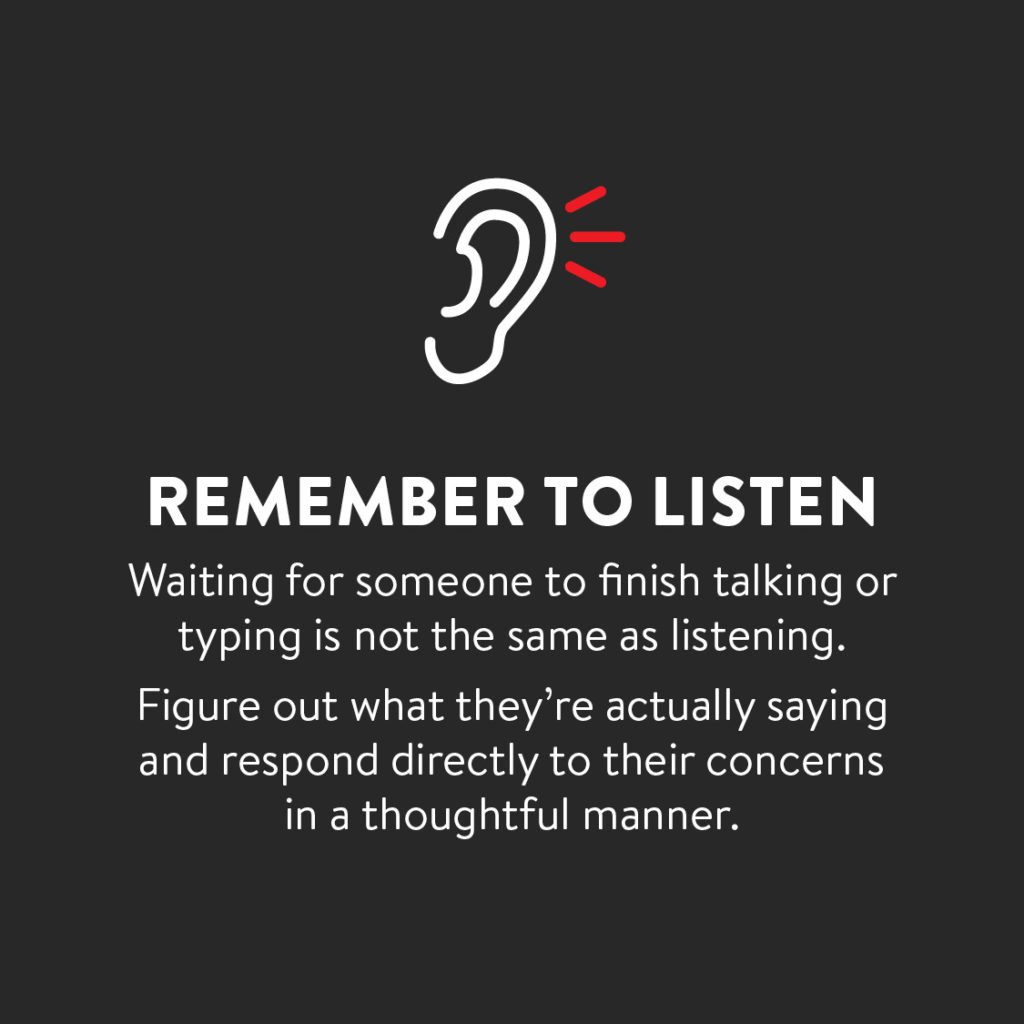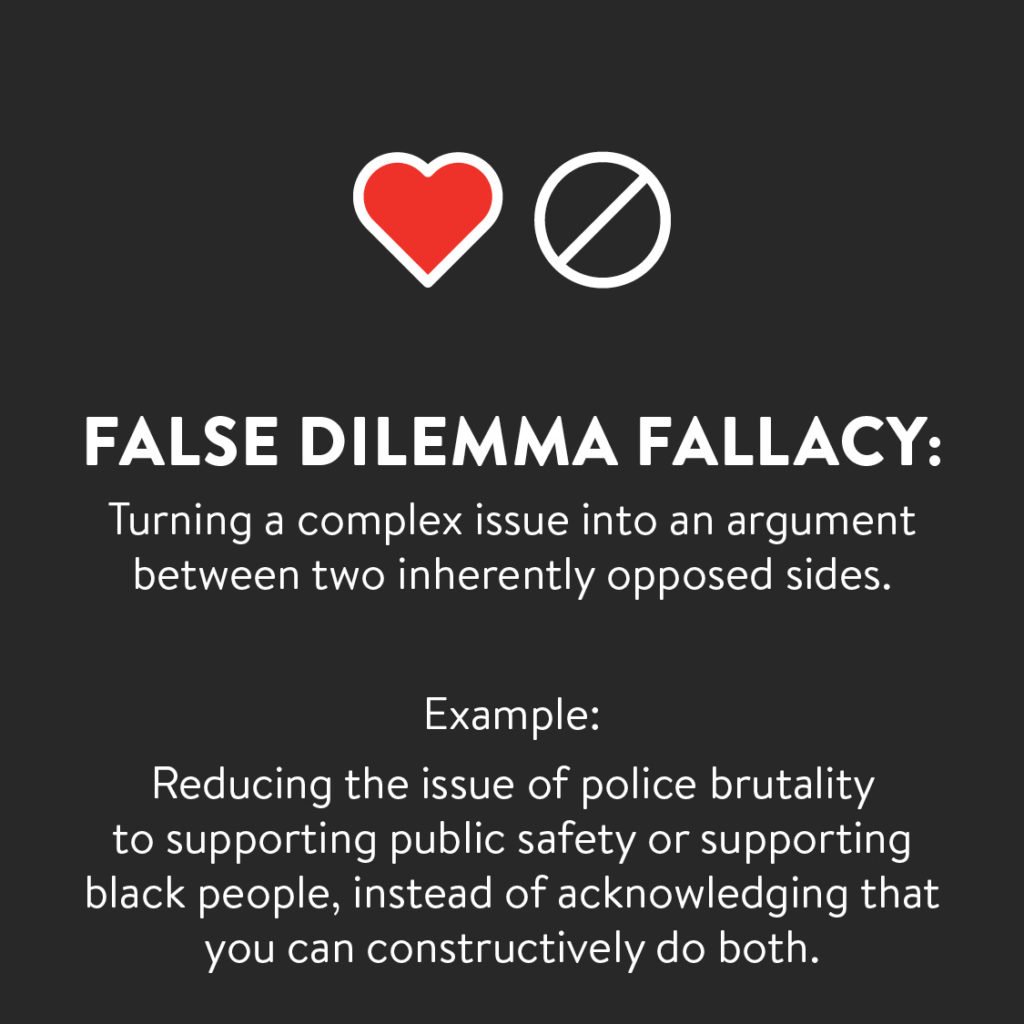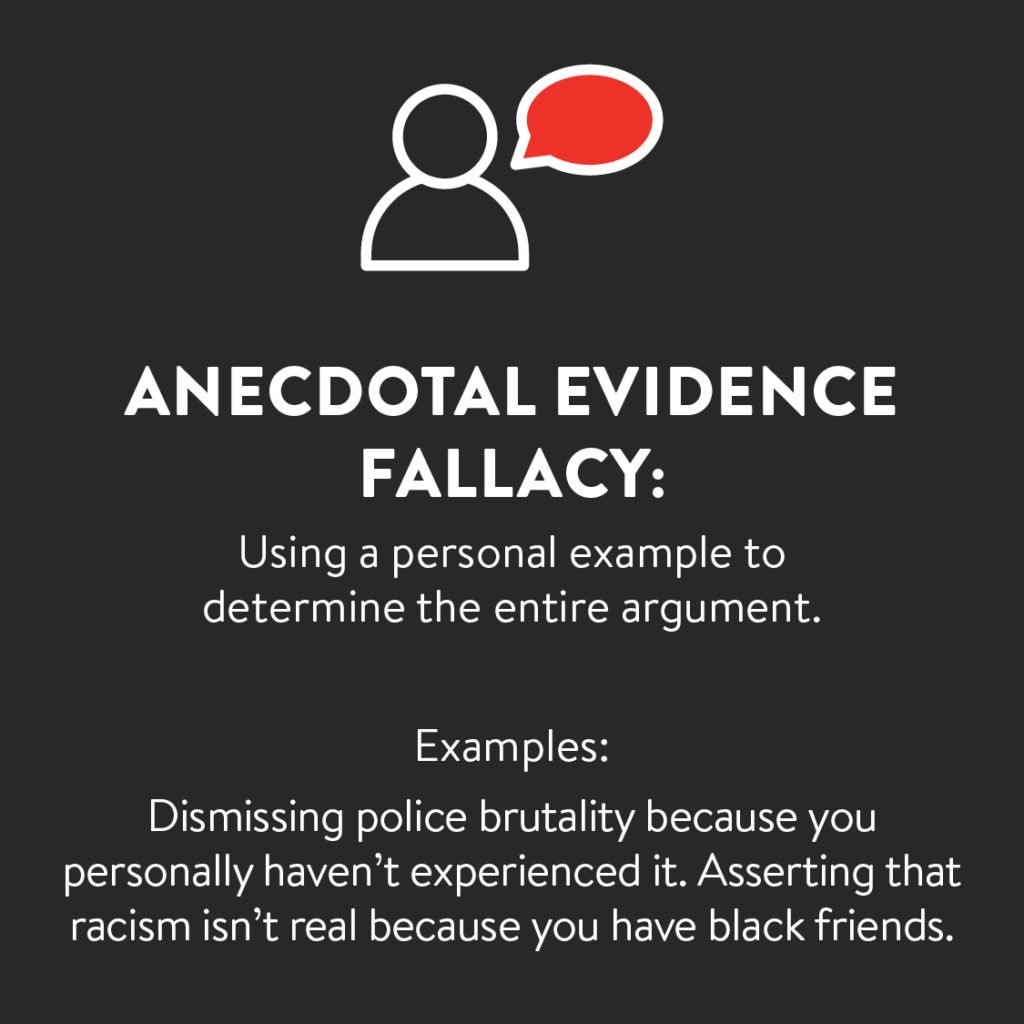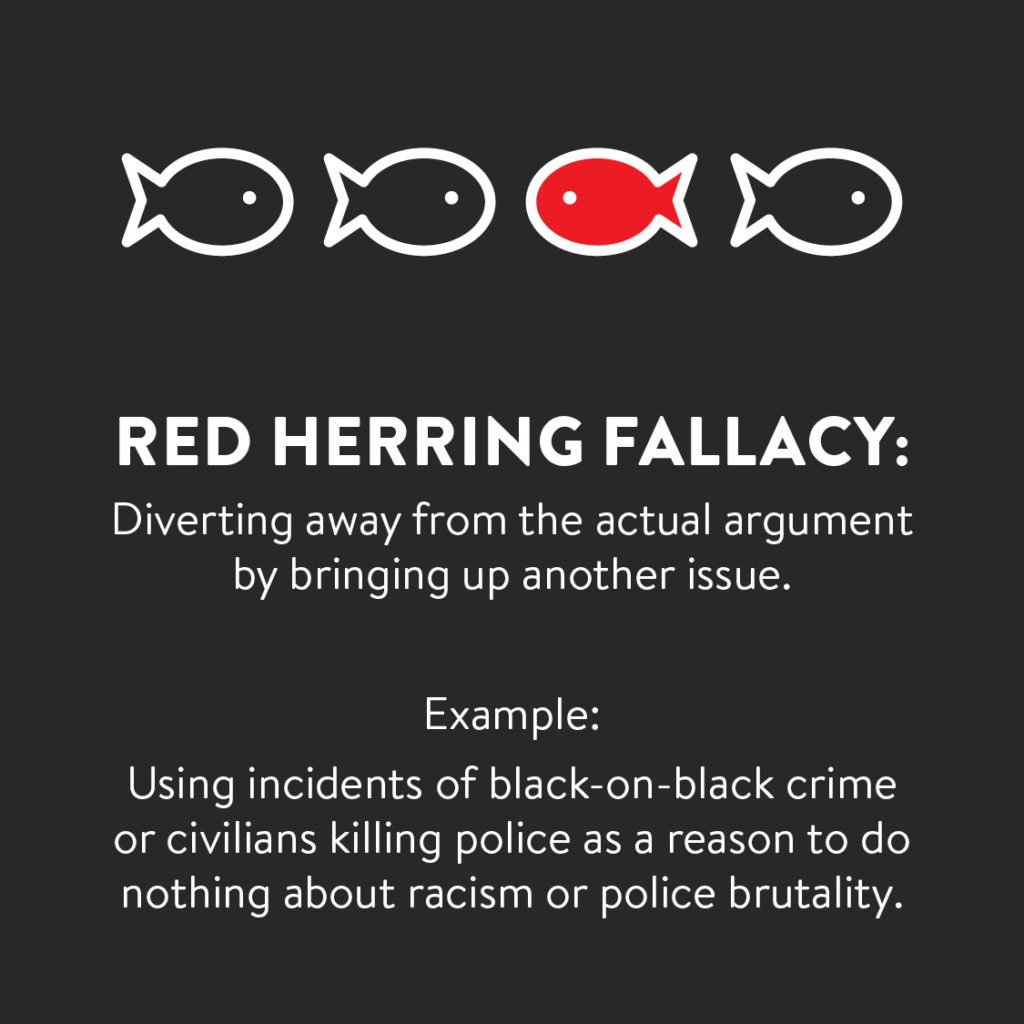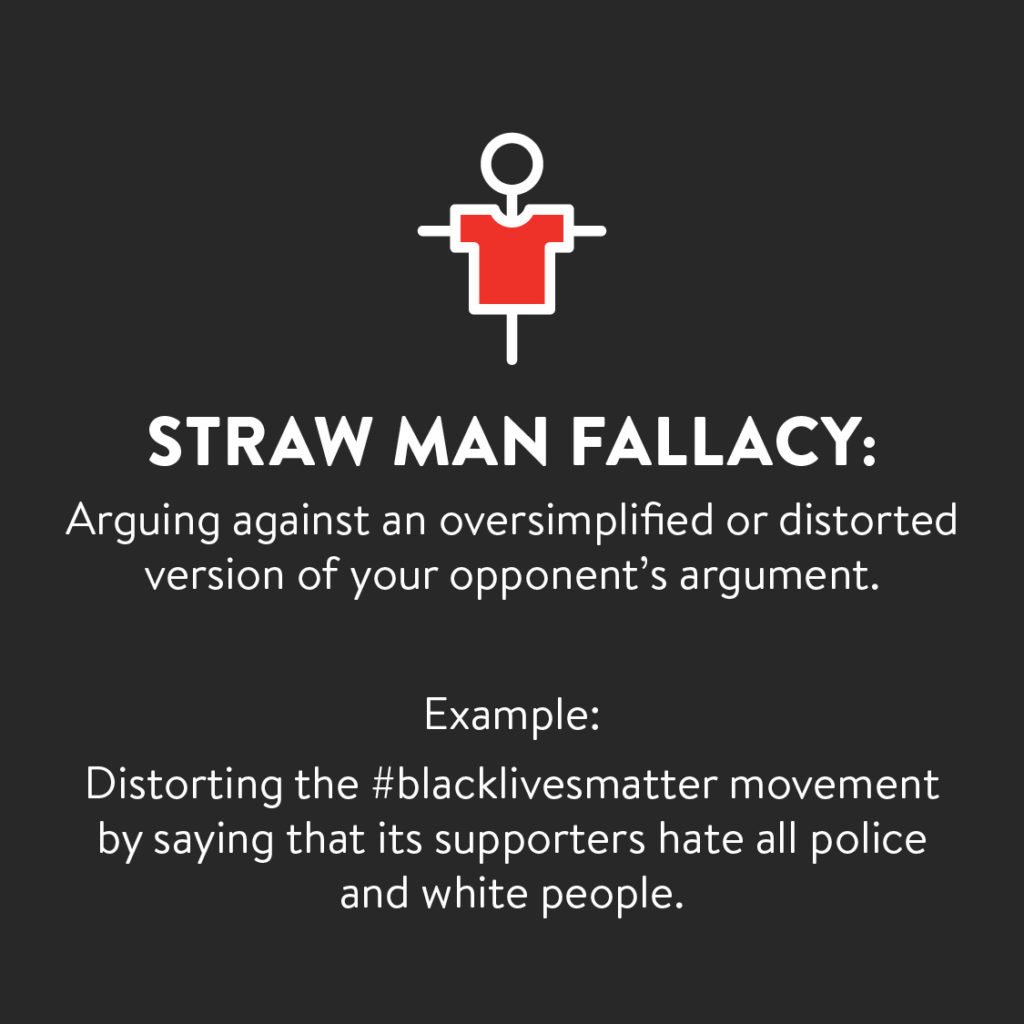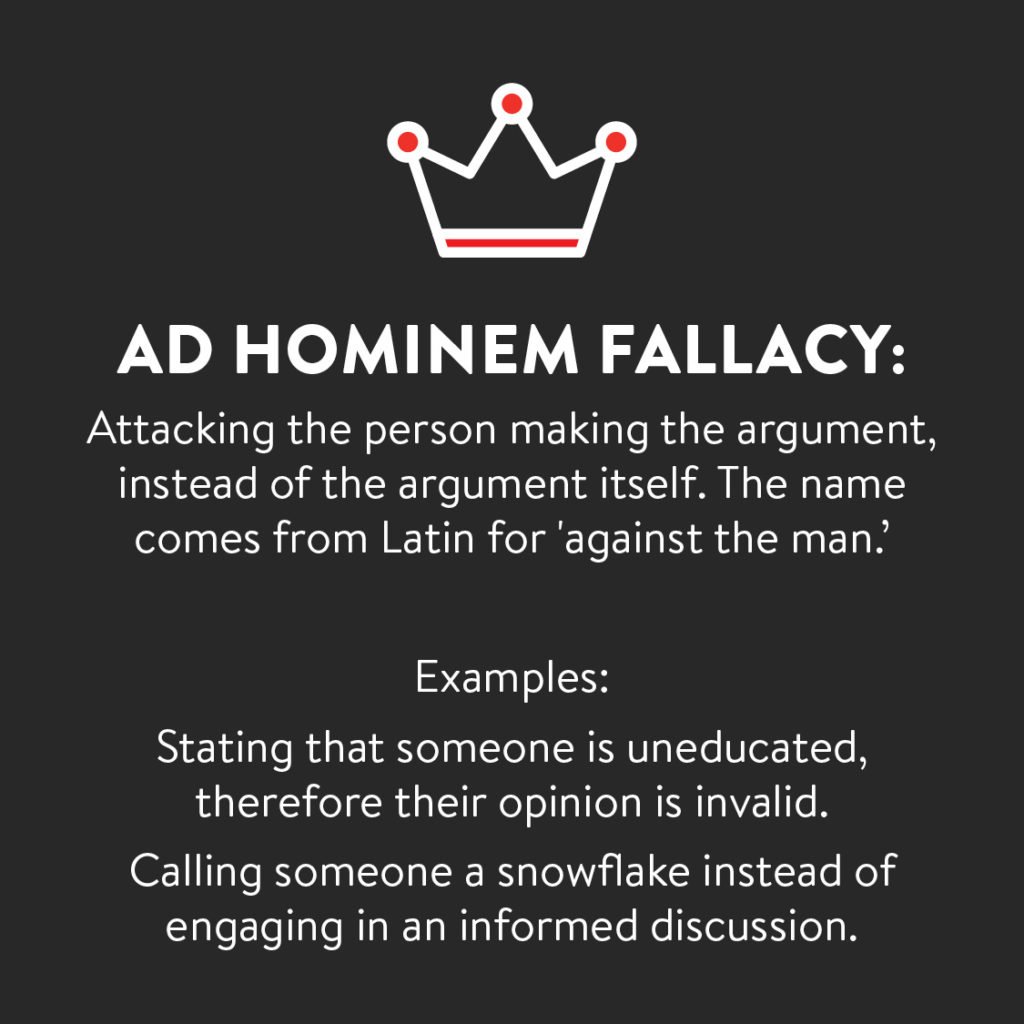This page offers a number of resources to help newcomers to the discussion on racism begin to learn about and reflect on the variety of related issues. This list is not all encompassing, but something to get you started. As a humanist, it’s your responsibility to better understand the world you are a part of and the role you play in making it better.
Definitions
- Racial bias – implicit biases, that are part of our subconscious due to cultural programming, about behaviors we associate with the external biological features we connect with the social construct of race.
- Racist acts – to act on racial biases whether consciously or unconsciously (e.g. crossing the street from a group of black people, calling the cops on black men in a gym or a black man in a park, different customer service standards, racial profiling, etc.).
- Racist – A person who is prejudiced against or antagonistic toward people on the basis of their membership in a particular racial or ethnic group, typically one that is a minority or marginalized.
- Individual racism – the personal belief that groups of humans possess different behavioral traits corresponding to physical appearance and can be divided based on the superiority of one race over another.
- Institutional or systemic racism – the existence of systematic policies or laws and practices that provide differential access to goods, services and opportunities of society by race.
- Racial discrimination – “any distinction, exclusion, restriction, or preference based on race, colour, descent, or national or ethnic origin that has the purpose or effect of nullifying or impairing the recognition, enjoyment or exercise, on an equal footing, of human rights and fundamental freedoms in the political, economic, social, cultural or any other field of public life.” – 1965 International Convention on the Elimination of All Forms of Racial Discrimination
- White Fragility – a state in which even a minimum amount of racial stress becomes intolerable, triggering a range of defensive moves. These moves include the outward display of emotions such as anger, fear, and guilt, and behaviors such as argumentation, silence, and leaving the stress-inducing situation. These behaviors, in turn, function to reinstate white racial equilibrium.
- White privilege – having greater systemic access to power and resources than people of color.
Resources
Logical Fallacies and Racism:
Document compiled by Sarah Sophie Flicker, Alyssa Klein in May 2020.
This document is intended to serve as a resource to white people and parents to deepen our anti-racism work. If you haven’t engaged in anti-racism work in the past, start now. Feel free to circulate this document on social media and with your friends, family, and colleagues.
Resources for white parents to raise anti-racist children:
- Books:
- Podcasts:
- Articles:
- The Conscious Kid: follow them on Instagram and consider signing up for their Patreon
Articles to read:
- Racism and Progress – Being Human Church
- What Can We Do About Racism? – Being Human Church
- A Letter to my (White) Family, Friends, Neighbors, and Fellow Citizens – Being Human Church
- The ‘3.5% rule’: How a Small Minority can Change the World – BBC
- “America’s Racial Contract Is Killing Us” by Adam Serwer | Atlantic (May 8, 2020)
- Ella Baker and the Black Freedom Movement (Mentoring a New Generation of Activists
- ”My Life as an Undocumented Immigrant” by Jose Antonio Vargas | NYT Mag (June 22, 2011)
- The 1619 Project (all the articles) | The New York Times Magazine
- The Combahee River Collective Statement
- “The Intersectionality Wars” by Jane Coaston | Vox (May 28, 2019)
- Tips for Creating Effective White Caucus Groups developed by Craig Elliott PhD
- “Where do I donate? Why is the uprising violent? Should I go protest?” by Courtney Martin (June 1, 2020)
- ”White Privilege: Unpacking the Invisible Knapsack” by Knapsack Peggy McIntosh
- “Who Gets to Be Afraid in America?” by Dr. Ibram X. Kendi | Atlantic (May 12, 2020)
Videos to watch:
- Black Feminism & the Movement for Black Lives: Barbara Smith, Reina Gossett, Charlene Carruthers (50:48)
- Dr. Robin DiAngelo discusses ‘White Fragility’ (1:23:30)
- “How Studying Privilege Systems Can Strengthen Compassion” | Peggy McIntosh at TEDxTimberlaneSchools (18:26)
Podcasts to subscribe to:
- 1619 (New York Times)
- About Race
- Code Switch (NPR)
- Intersectionality Matters! hosted by Kimberlé Crenshaw
- Momentum: A Race Forward Podcast
- Pod For The Cause (from The Leadership Conference on Civil & Human Rights)
- Pod Save the People (Crooked Media)
- Seeing White
Books to read:
- Black Feminist Thought by Patricia Hill Collins
- Eloquent Rage: A Black Feminist Discovers Her Superpower by Dr. Brittney Cooper
- Heavy: An American Memoir by Kiese Laymon
- How To Be An Antiracist by Dr. Ibram X. Kendi
- I Know Why the Caged Bird Sings by Maya Angelou
- Invisible No More: Police Violence Against Black Women and Women of Color by Andrea J. Ritchie
- Just Mercy by Bryan Stevenson
- Me and White Supremacy by Layla F. Saad
- Raising Our Hands by Jenna Arnold
- Redefining Realness by Janet Mock
- Sister Outsider by Audre Lorde
- So You Want to Talk About Race by Ijeoma Oluo
- The Bluest Eye by Toni Morrison
- The Fire Next Time by James Baldwin
- The New Jim Crow: Mass Incarceration in the Age of Colorblindness
by Michelle Alexander - The Next American Revolution: Sustainable Activism for the Twenty-First Century
by Grace Lee Boggs - The Warmth of Other Suns by Isabel Wilkerson
- Their Eyes Were Watching God by Zora Neale Hurston
- This Bridge Called My Back: Writings by Radical Women of Color by Cherríe Moraga
- When Affirmative Action Was White: An Untold History of Racial Inequality in Twentieth-Century America by Ira Katznelson
- White Fragility: Why It’s So Hard for White People to Talk About Racism by Robin DiAngelo, PhD
- Lies My Teacher Told Me – James Loewen
- White Trash: The 400-Year Untold History of Class in America – Nancy Isenberg
Films and TV series to watch:
- 13th (Ava DuVernay) — Netflix
- American Son (Kenny Leon) — Netflix
- Black Power Mixtape: 1967-1975 — Available to rent
- Blindspotting (Carlos López Estrada) — Hulu with Cinemax or available to rent
- Clemency (Chinonye Chukwu) — Available to rent
- Dear White People (Justin Simien) — Netflix
- Fruitvale Station (Ryan Coogler) — Available to rent
- I Am Not Your Negro (James Baldwin doc) — Available to rent or on Kanopy
- If Beale Street Could Talk (Barry Jenkins) — Hulu
- Just Mercy (Destin Daniel Cretton) — Available to rent for free in June in the U.S.
- King In The Wilderness — HBO
- See You Yesterday (Stefon Bristol) — Netflix
- Selma (Ava DuVernay) — Available to rent for free in June in the U.S.
- The Black Panthers: Vanguard of the Revolution — Available to rent
- The Hate U Give (George Tillman Jr.) — Available to rent for free
- When They See Us (Ava DuVernay) — Netflix
Organizations to follow on social media:
- Antiracism Center: Twitter
- Audre Lorde Project: Twitter | Instagram | Facebook
- Black Women’s Blueprint: Twitter | Instagram | Facebook
- Color Of Change: Twitter | Instagram | Facebook
- Colorlines: Twitter | Instagram | Facebook
- The Conscious Kid: Twitter | Instagram | Facebook
- Equal Justice Initiative (EJI): Twitter | Instagram | Facebook
- Families Belong Together: Twitter | Instagram | Facebook
- Justice League NYC: Twitter | Instagram + Gathering For Justice: Twitter | Instagram
- The Leadership Conference on Civil & Human Rights: Twitter | Instagram | Facebook
- The Movement For Black Lives (M4BL): Twitter | Instagram | Facebook
- MPowerChange: Twitter | Instagram | Facebook
- Muslim Girl: Twitter | Instagram | Facebook
- NAACP: Twitter | Instagram | Facebook
- National Domestic Workers Alliance: Twitter | Instagram | Facebook
- RAICES: Twitter | Instagram | Facebook
- Showing Up for Racial Justice (SURJ): Twitter | Instagram | Facebook
- SisterSong: Twitter | Instagram | Facebook
- United We Dream: Twitter | Instagram | Facebook
More anti-racism resources to check out:
- 75 Things White People Can Do for Racial Justice
- Anti-Racism Project
- Jenna Arnold’s resources (books and people to follow)
- Rachel Ricketts’ anti-racism resources
- Resources for White People to Learn and Talk About Race and Racism
- Save the Tears: White Woman’s Guide by Tatiana Mac
- Showing Up For Racial Justice’s educational toolkits
- The [White] Shift on Instagram
- “Why is this happening?” — an introduction to police brutality from 100 Year Hoodie
- Zinn Education Project’s teaching materials
